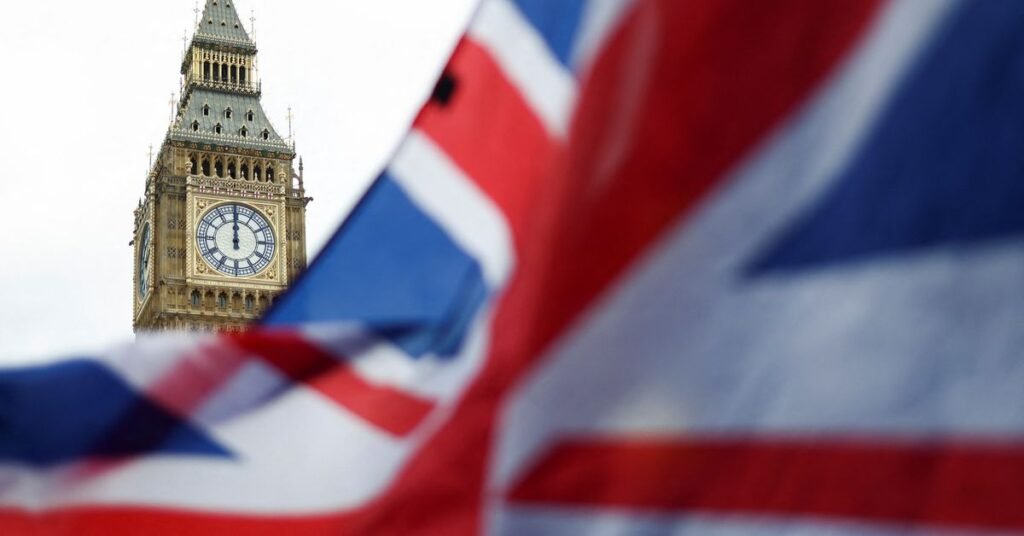
A voluntary tax on the Britain oil and gas producers will not be taxed if prices fall below a certain level for six months in a row, the Treasury said on Friday. The government hopes this will improve energy security. The Energy Profit Tax (EPL) was introduced in May last year, two months after the energy price spike following Russia’s invasion of Ukraine. But the industry warned that higher tax rates could lead to lower output in the long run.
The EPL rate was raised from the original 25% to 35% in November, bringing the total tax burden to 75%. The change on Friday eliminates windfall tax, bringing tax burden to 40% if average oil and gas prices are below $71.40 per barrel for oil and £0.54 per thermal for gas ($0.6784) will be mitigated.
However, the government said its own price projections by the Office of Budget Responsibility indicated that the price floor mechanism was unlikely to be triggered by March 2028, the planned end date of the windfall tax. The benchmark Brent crude price, which rose about $139 a barrel in March 2022 on the back of Russia’s invasion of Ukraine, has fallen to about $75 a barrel so far this year at $70 a barrel. It trades in the $75 range. And $89 per barrel.
British oil and gas producers in the North Sea, including Total Energy and Harbor, said the levy would cut investment in the North Sea basin. At the beginning of the new millennium Britain produced about 4.4 million barrels of oil equivalent per day (BOED), more than OPEC powerhouse Iraq. The trend is to decrease below 200,000 barrels per day. The NSTA sector regulator says that day will come true by 2050. Britain was a net oil exporter until the 2000s, but now depends on imports for both oil and gas.